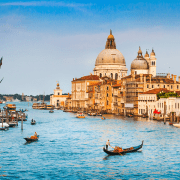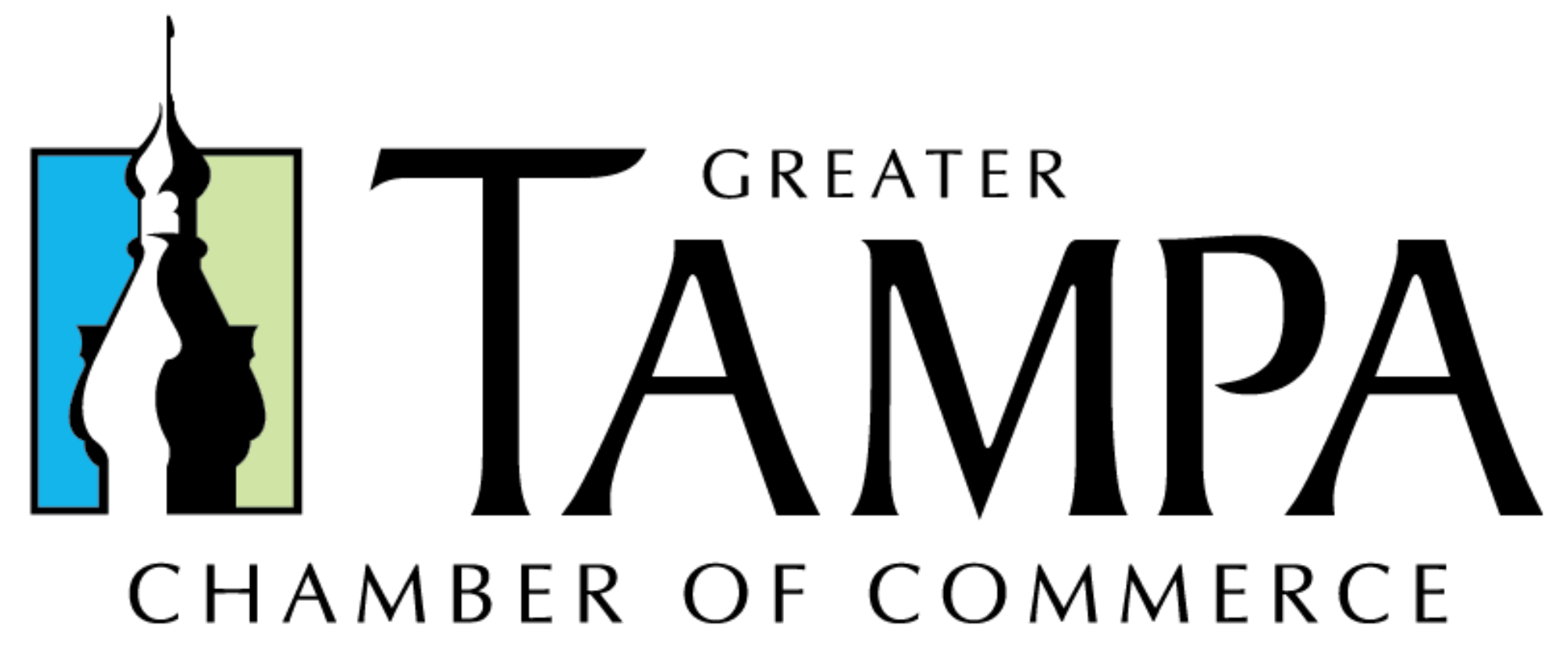Looking for a Good Corporate Travel Trip Provider?
Each year, thousands of companies send top performing employees on corporate travel trips — also called “incentive travel trips” — that serve as performance-based rewards. In addition to functioning as a show of appreciation for great work, a corporate travel trip serves as a motivator to continue the excellent performance and qualify for next year’s travel trip. This is why many companies wisely use the services of a corporate travel trip provider.
What Makes a Good Travel Trip Provider?
When it comes to service quality, the incentive travel industry is like any other. Some providers exceed your expectations, while others leave you feeling like you didn’t get a good return on your investment. In many cases, one or more of the following factors separates an unforgettable travel experience that leaves people wanting more from one that leaves more to be desired.
- Destinations
Any destination that’s safe and legal to travel to should be an option. However, the final destination should be world class, not just the best location a particular region or nation has to offer. When selecting a destination, the emphasis should be on choosing one that’s truly unique in a positive way.
Corporate travel destinations often feature nice things you might experience on a summer vacation, such as good weather, gorgeous scenery, and historical sites. But they tend to be places sought out by sophisticated travelers who want to see the best the world has to offer.
- Activities
Activities can be separated into three phases: activities while traveling to the destination, activities while there, and activities while journeying back home. Like destinations, activities should be highly distinctive — and this is where a good corporate travel provider really excels.
Instead of only scheduling your group to attend activities that are common to the destination, a good planner will actually create activities, the likes of which are difficult to replicate. To see what we mean, check out what our company arranged for a group of colleagues who traveled to Rome.
- Travel Staff
To make a corporate travel trip truly relaxing and hassle-free for travelers, good trip planners send along a group of trained travel staff, who leap into action to resolve unforeseen issues, and offer assistance to travelers both individually and as a group. The provider handles all of the planning for the tip, and the travel staff make sure the plans transpire as expected.
- Budget
Most memorable corporate travel trips aren’t inexpensive, but the majority of companies that plan the trips do so on a budget. Taking a trip that runs over budget can dampen the excitement for cost-conscious executives and call into question whether a travel trip should be planned next year. A careful cost analysis should be performed before the journey officially begins.
About Our Company
Incentive Travel Solutions is an experienced corporate travel trip provider that plans trips to worldwide locations. In doing so, we create journeys whose destinations, activities, and staff service turn them into memories that last a lifetime, and help bring colleagues closer together as a team through shared travel experiences — all within the client’s budget.
To inquire about our services, please call us today at (704) 540-1482, or send us an email through our contact form. We look forward to helping you reward your top performers, and motivate them to keep up the excellent work to qualify for future travels.






